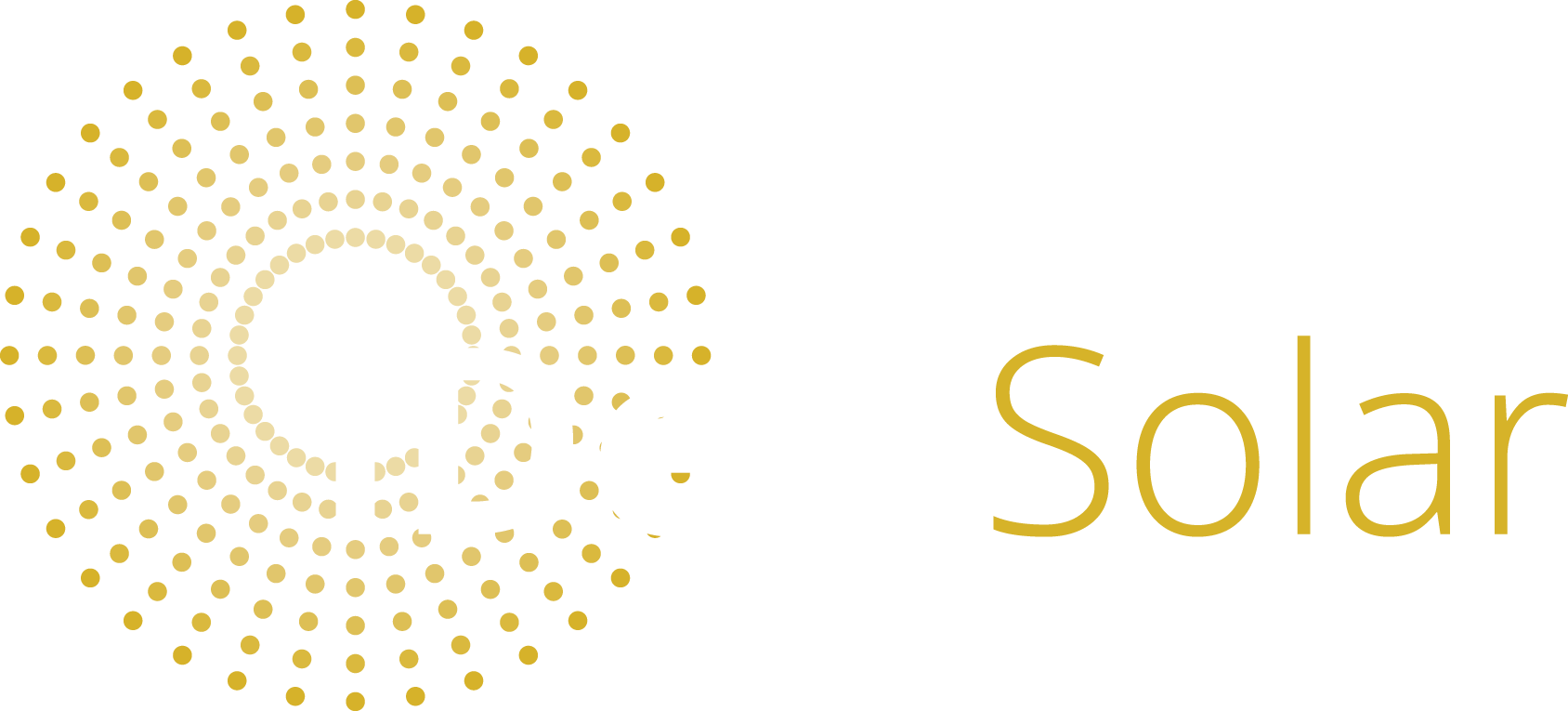[vc_row type=”full_width_background” full_screen_row_position=”middle” column_margin=”default” column_direction=”default” column_direction_tablet=”default” column_direction_phone=”default” scene_position=”center” bottom_padding=”5%” text_color=”dark” text_align=”left” row_border_radius=”none” row_border_radius_applies=”bg” overlay_strength=”0.3″ gradient_direction=”left_to_right” shape_divider_position=”bottom” bg_image_animation=”none” shape_type=””][vc_column column_padding=”no-extra-padding” column_padding_tablet=”inherit” column_padding_phone=”inherit” column_padding_position=”all” background_color_opacity=”1″ background_hover_color_opacity=”1″ column_shadow=”none” column_border_radius=”none” column_link_target=”_self” gradient_direction=”left_to_right” overlay_strength=”0.3″ width=”1/1″ tablet_width_inherit=”default” tablet_text_alignment=”default” phone_text_alignment=”default” column_border_width=”none” column_border_style=”solid” bg_image_animation=”none”][vc_column_text]
The following questions could potentially make or break your solar installation project. Let’s take a look at the most important questions to ask your installer.
1. “What type of solar energy system is installed on your own roof?”
This is a good question to ask because any credible solar installer understands the value of solar energy, inside and out.
If they don’t have a system themselves, it could be a red flag. Not having solar installed on their own home or business is a sign that they might not be the best resource when it comes to showing you the benefits of one and installing it for you.
After all, if they truly believe in the benefits of solar power, it would make sense for them to reap the benefits.
2. “What system size should I choose for the most savings?”
Note that sizing a solar system is much more complex than simply taking a look at your electricity bills and picking one that will produce enough electricity to match your usage.
The solar company expert first needs to collect the following information:
• Your home energy usage patterns;
• The orientation and angle of your roof;
• The surplus amount of energy you’ll export to the grid; and
• Which energy providers are available, how much energy you use during the day & at night.
• How much they charge for electricity, and how much they pay you for excess power you produce (Feed-in-Tariff).
This data is necessary when it comes to first determining the ideal system size for your home, and then creating a financial forecast based on that. We recommend steering clear of installers who claim that sizing your system is just a simple calculation. If you want to know more, find out what return you can get on your solar investment.
3. “Are you licensed as a solar panel installer, and how much industry experience do you have?”
It’s critical that the solar installation company you hire has received a license from the county/city and state in which they are working. The contractor should be insured and bonded, as well.
Be sure to also find out how long the company has been in business. You don’t want to be their guinea pig!
Also, it’s a good idea to ask who will actually be working on your home. Will it be a contractor with the solar company, or do they subcontract the work?
4. “Will you take a detailed look at my roof?”
Not only will the solar expert have to make a recommendation for your system size, they will also need to physically inspect your roof. After all, it needs to be suited to have solar panels safely installed.
How long will the work be guaranteed for? The life of the system?
It is also important to keep in mind that when the installer fits the racks on your roof (to support the panels), they will be drilling holes. Make sure you ask what type of materials and equipment will be used to ensure you won’t have a leaky roof when it rains.
5. “What if my solar system doesn’t generate as much energy as anticipated?”
If your Solar System provider promises that your system will produce a specific amount of energy each year, be sure to ask what will happen if the system or panel efficiency doesn’t meet your expectations.
Is this guaranteed in writing?
There are several possible scenarios. For instance, maybe the company will add extra panels, free of charge. Or perhaps they’ll reimburse you for your system’s under-performance.
Find out upfront what you can expect in this situation.
6. “What if my situation changes over the next few years?”
Life happens, and as a result, your solar needs may change over time.
For example, your family might end up expanding, or you may add additional rooms to your home. In these instances, what will happen if your installed system design ends up not being big enough?
The best thing you can do to prevent this from happening is to purchase a solar system that is large enough to cover potential future usage.
7. “How are solar warranties handled?”
Solar systems come with both warranties and production quality guarantees. Note that these are not the same as the workmanship warranty that a company offers. Therefore, it’s a good idea to ask about both types of warranties, as well as what each covers.
In addition, be wary of solar installers who require you to hire them to service your system regularly — for example, every couple of years — to keep your installation warranty from becoming void.
The reality is that you generally only need to service your system every five years in order to maximize its performance. You should also plan to clean it just once a year. In order to save time and money, stick with solar companies that don’t compel you to get your solar system serviced more often than you need to.[/vc_column_text][/vc_column][/vc_row]

